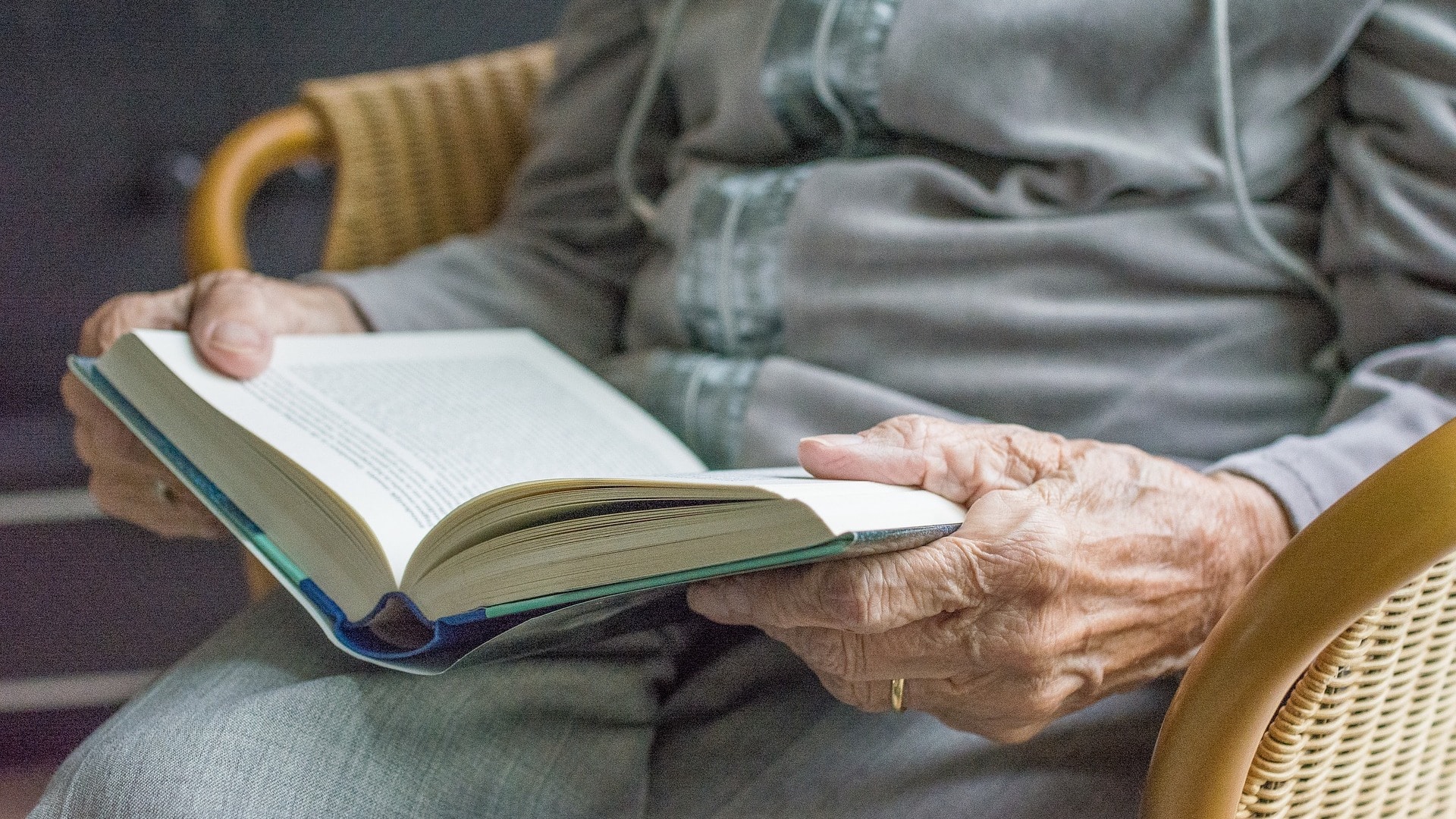The social discourse is evolving in so many ways. We are faced with ethical dilemmas as we recognize and acknowledge the fragility of the systems that we have created.
There are incredible challenges for frontline medical workers who must make the seemingly impossible decision about who receives medical attention and limited supplies.
Public health officials and politicians are faced with making decisions on our behalf about the advice they give and the orders they make. Individuals are asked to make personal decisions that just a few weeks ago we never thought we would have to make.
Our elders are among the most impacted demographic by the COVID-19 outbreak. While we are seeing statistics that show it’s more complex than this, seniors are more likely to have compromised immune systems, existing respiratory issues and therefore they are more likely to succumb to COVID-19.
Truth is, health researchers are seeing that COVID-19 is a potentially fatal disease for people of all demographics. However, I think we need to pause and reflect on the significance of our elders.
Our elders are incredibly important to building and maintaining a resilient society. They are our knowledge holders. Their experience and wisdom is immeasurable.
The decisions we are making today to practice physical distancing and isolate ourselves, is to limit the spread of COVID-19. It is in large part a measure that society is taking on behalf of those people who are most vulnerable to the disease, our elders.
I’m thankful for the broad social mobilization efforts to protect our elders. It’s deeply heartwarming to see the extraordinary and creative measures people and businesses are taking to support seniors. From volunteer supply pick-up and delivery to special shopping times. In these difficult days we are seeing wonderful acts of kindness, compassion and love.
We have seen a massive mobilization across all demographics in an effort to limit the spread of this awful disease and protect our elders. Our actions are profound. They come from a deep sense of respect and love for those who are the foundation of our families and our society.
I support every effort we are taking and recognize that we must continue those incredible efforts to preserve the knowledge, wisdom and experience of our elders.
It brings me a deep satisfaction to witness society take hold of intergenerational equity. As we work our way through this public health and economic crisis that we currently face, and begin the recovery effort, the next question for us to answer is whether we are going the extend the same respect to our children and grandchildren.


Media have been publishing stories urging us to get our elders out of long-term care. This is quite problematic, because many families can not provide the level of care needed, but also can’t risk (or afford) to hire someone to come to their home. Some family members are still going out for errands and/or work and therefore could bring the virus home with them. They can’t wear masks and gloves due to shortages and lack of training on how to avoid touching their face. Family members and elders need to be tested before being brought together, and it is unclear if there would be any federal money available for people who care for their parents at home.
All I know is I don’t want my 90 yr old Dad dying alone in a care home, esp if he dies of this awful virus.
Care workers who are being forbidden to wear masks in long-term care homes may very well soon start refusing to come to work, which puts our elders at risk of abandonment.
eg https://www.theglobeandmail.com/canada/article-if-you-can-get-your-relatives-out-of-seniors-homes-try-to-do-so-as/
Having said that I must make an exception for the outstanding example set by indigenous people, both young and old. If any segment of our multiracial society earns my respect for wisdom and leadership it is them.
It is time to bring and keep our families close to home. We should be building Close to Home community infrastructures to allow small care homes that hire local community members and professionals to feed and assist them as needed rather than rely on large institutions. In our valley east of Prince George we have a huge aging population of farmers and ranchers and back to the landers. Family members travel great distances to visit their elders housed in Prince George elder care homes, hospices and hospitals. We have discussed the idea of renovating homes in the valley that could become elder care homes staffed with elder care professionals. Family would be nearby, the stresses of lengthy travel and winter road risks would be reduced, local economies would be created.
This is why, with all due respect, all BCers (especially rural areas) need to stop burning wood in their homes, the science is clear, that wood smoke is toxic second hand smoke, and only exacerbates the risk factor of getting and dying from Covid 19- for any age. Any age. CRD (thankfully) has put a temporary ban for “yard burning” for the gulf islands, but the smoke from chimneys is the same- it’s also invading our lungs. This is a huge problem that still is not being addressed properly. Thank you .